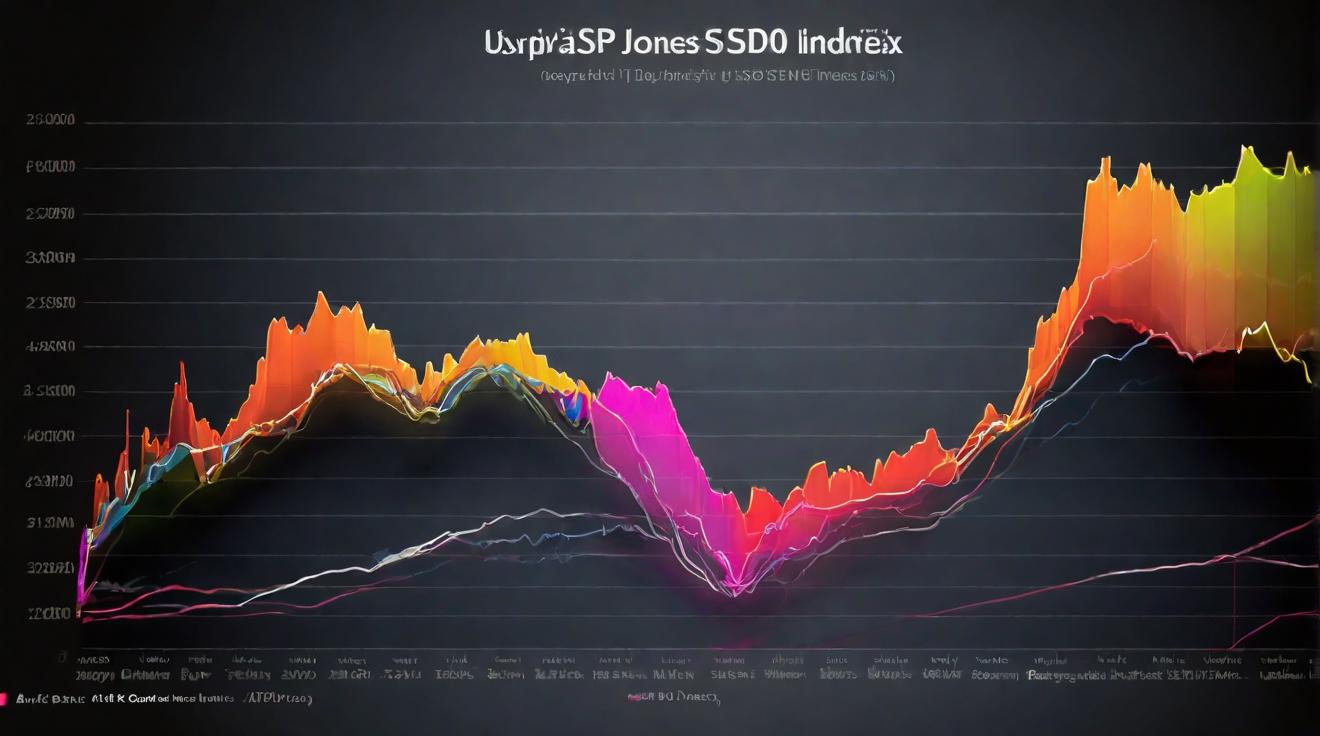MSCI Adjusts China Index: A Strategic Shift Amid Market Volatility
In an unprecedented move that has sent ripples through the global financial markets, MSCI, a leading global stock index compiler, announced a significant adjustment to its MSCI China Index, a key benchmark for Chinese equities. The decision to remove 66 companies from the index and introduce five new securities marks a notable shift in strategy for the compiler, which had previously been on a trajectory of increasing the index's constituents.
A Strategic Rethink in Turbulent Times
For years, MSCI had been gradually expanding the MSCI China Index, reflecting an optimistic growth outlook on Chinese companies listed globally. However, the recent decision to reduce the index's constituents to 704 from its previous count comes in the backdrop of a staggering stock market rout that has erased over $6 trillion in market value from Chinese bourses since their peak in 2021. This move could potentially exacerbate fund outflows from Chinese equities at a time when investor sentiment is already fragile.
Impact on Global Portfolios and ETFs
The MSCI China Index, which covers about 85% of the total market capitalization of Chinese companies listed globally, plays a pivotal role in the asset allocation strategies of institutional investors worldwide. With more than 1,370 global exchange-traded funds (ETFs) linked to MSCI's various indexes, the adjustments are poised to affect the weighting of Chinese stocks in global portfolios significantly.
Factors Driving the Market Downturn
China's stock market has been grappling with a plethora of economic challenges, ranging from a lingering property downturn, surging youth unemployment, deflation, and a declining birthrate. These issues have compounded investor anxieties, dampening appetite for Chinese equities despite their all-time low valuations.
The Road Ahead for Chinese Equities
The announcement from MSCI underscores a cautious outlook for the Chinese stock market. Notwithstanding Beijing's attempts to stabilize the market through supportive measures and policy tweaks, concerns loom large over the government's capability to enact large-scale interventions necessary to rejuvenate market dynamics. Moreover, Luca Paolini, Chief Strategist at Pictet Asset Management, notes that the absence of a visible turnaround in the property market—a crucial factor for sentiment improvement—casts further shadows over the prospects for Chinese stocks.
Market Reactions and Investor Sentiment
Following a brief rebound in mainland Chinese markets last week, the focus remains on the broader economic challenges and the efficacy of Beijing's policy measures in addressing the underlying issues. As the Hang Seng Index witnessed modest gains upon reopening after the Lunar New Year holiday, all eyes are now on Mainland China's markets, poised to resume trading on February 19, for cues on the future trajectory of Chinese equities.
In conclusion, MSCI's latest adjustments to its China Index reflect a recalibration of expectations around Chinese stocks amid persisting market uncertainties. As global investors recalibrate their portfolios in response, the coming months will be crucial in determining the direction of fund flows and the broader outlook for Chinese equities in the global investment landscape.
Analyst comment
Negative news.
As an analyst, I expect the market to experience further volatility and potential fund outflows from Chinese equities due to MSCI’s adjustment to the China Index. The ongoing economic challenges in China, coupled with concerns over the government’s ability to intervene effectively, will continue to weigh on investor sentiment. The future trajectory of Chinese equities will depend on the effectiveness of Beijing’s policies and market reactions after the Lunar New Year holiday.













